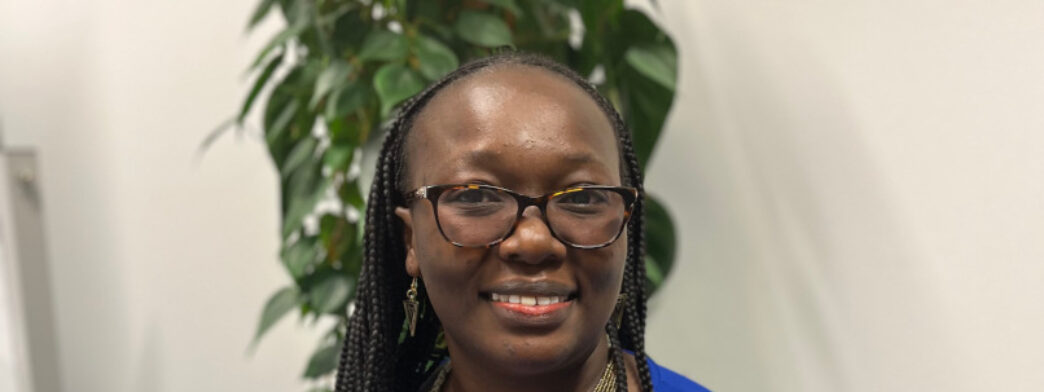For Dr. Catherine Mwema, the director of research and learning at BOMA, the devastating and ruthless impact of the global climate crisis is very personal. She talks about her experiences in a voice that is warm, comforting and slightly melodic, but also carries an uncompromising certainty about the severity of the situation.

March 26, 2024- She explains, “I come from the Eastern part of Kenya, which, like many other parts of East Africa, has faced unprecedented drought over the past few years. This has really affected the communities where I come from. Every time I go home I see many families losing crops and harvests due to drought caused by the climate crisis. It really dampens my heart; these people have contributed very little to the climate crisis, and yet they are paying a big price. I ask myself, what can we do? How can we help our communities have alternative income sources so that they don’t have to get deep into the forest and extract more of the forest resources? How can we help the suffering caused as a result of the climate crisis?”
It’s for these reasons that Catherine joined the BOMA Project. BOMA, founded in 2005, has the stated goal of empowering women in the drylands of Africa to establish sustainable livelihoods, build resilient families, graduate from extreme poverty, and catalyse change in their rural communities. In recent years it has continued to develop its programmes with greater expertise, reacting effectively to what we now recognise as a fast-accelerating crisis.
Inspired by individual success stories
BOMA’s vision of promoting 3,000 green enterprises by women and youth pastoralists across Northern Kenya was described as transformational when announced in partnership with the IKEA Foundation in late 2022. So now, several months after these plans were initially communicated, we sat down with Catherine and asked whether impact can be seen in any of the work being done.
To that she explains, “At BOMA we work in very remote areas and I’m inspired by the stories of so many women that we work with. One lady, Pamela, worked with the other two partners that BOMA supported through our Green Rural Entrepreneur Access Project (REAP). She was able to take what she learned from the project and start a seedling business, and from this she was able to earn an income, take her children to school, contribute to the livelihoods of her family, all while helping to conserve the environment.”
This story is reflective of the more than 10,000 women and youth that have been recruited in the programme to date.
